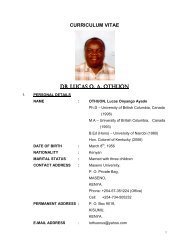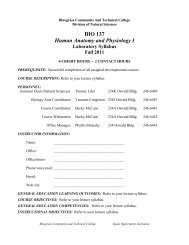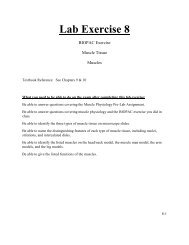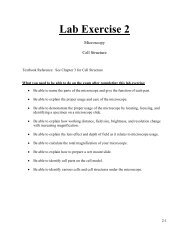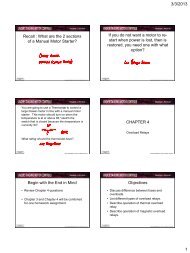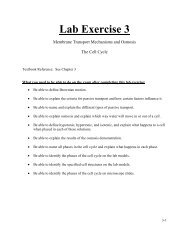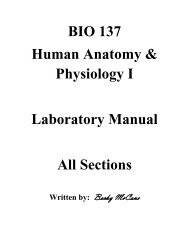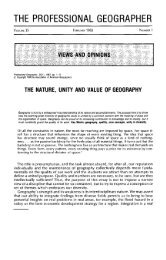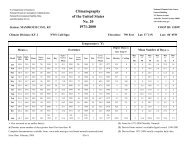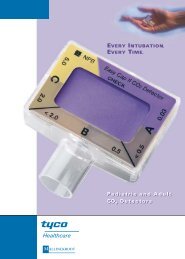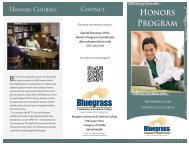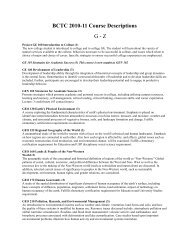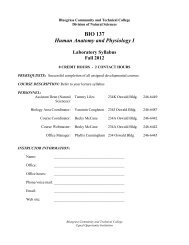Learning Strategies, Study Skills, & Paired Courses - College ...
Learning Strategies, Study Skills, & Paired Courses - College ...
Learning Strategies, Study Skills, & Paired Courses - College ...
Create successful ePaper yourself
Turn your PDF publications into a flip-book with our unique Google optimized e-Paper software.
Using Games & Visual Aids to Enhance <strong>Learning</strong> (cont’d.) 8.<br />
BINGO: Each square contains a vocabulary word, picture, graph, math formula, or equation.<br />
Each student’s card should be arranged in a slightly different order. As the tutor reads from note<br />
cards that students prepared, the students try to find a match on their card. If a match is found,<br />
the student has to explain why it is a match. If other students feel that there is not a true match,<br />
they can challenge and explain why.<br />
OUTBURST: Another game which encourages group interaction. Students write a vocabulary<br />
word, process, graph, event, date, theory, or formula on index cards. On the back of the card are<br />
several items associated with that word. The object is for the students to try to guess as many of<br />
the related items as possible within a time limit.<br />
GO FISH: Using index cards, students write down a vocabulary word, process, graph, theory, or<br />
equation. Then shuffle the deck and deal five cards out to each player. The remainder of the pile<br />
goes in the middle. Players take turns and ask for a match by describing the process, graph,<br />
formula, theory or definition. If there is no match, the student must “Go Fish” by drawing<br />
another card out of the middle deck. The point of the game is to match all of your cards. The<br />
winner has to describe why each pair is a match.<br />
TABOO: This is similar to Outburst. At the top of a note card is a vocabulary word, process,<br />
theory, or formula and on the bottom are a list of words that may not be said while trying to<br />
describe the concept to the other students. One student holds a card and tries to get the other<br />
students to guess what the word, theory, or formula is without using any of the words at the<br />
bottom of the card. This helps students to go beyond the text definition and develop concepts in<br />
their own words.<br />
Additional Recommendations<br />
There are many more game shows on TV and board games with which students are familiar.<br />
Language tutors can use scrabble and games used in the culture of the language with which they<br />
work. Tutors can adapt football, baseball and basketball (not actually on the court or field) to<br />
learning concepts. It just involves a little ingenuity, creativity and believing that we can still<br />
learn through play, no matter how old we are!<br />
Contributor<br />
Ruth A. Doucette, Tutor Coordinator, The Tutor Program, University of Maine, ME<br />
(Ruth_A._Doucette@umit.maine.edu)



